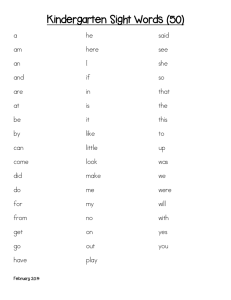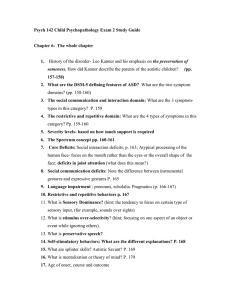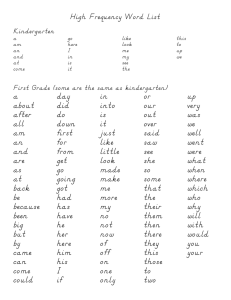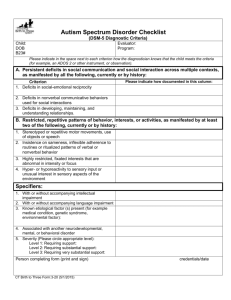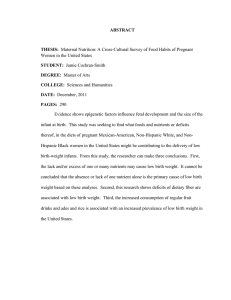Beliefs about Teaching Reading to Struggling Readers - S.Queenie
advertisement
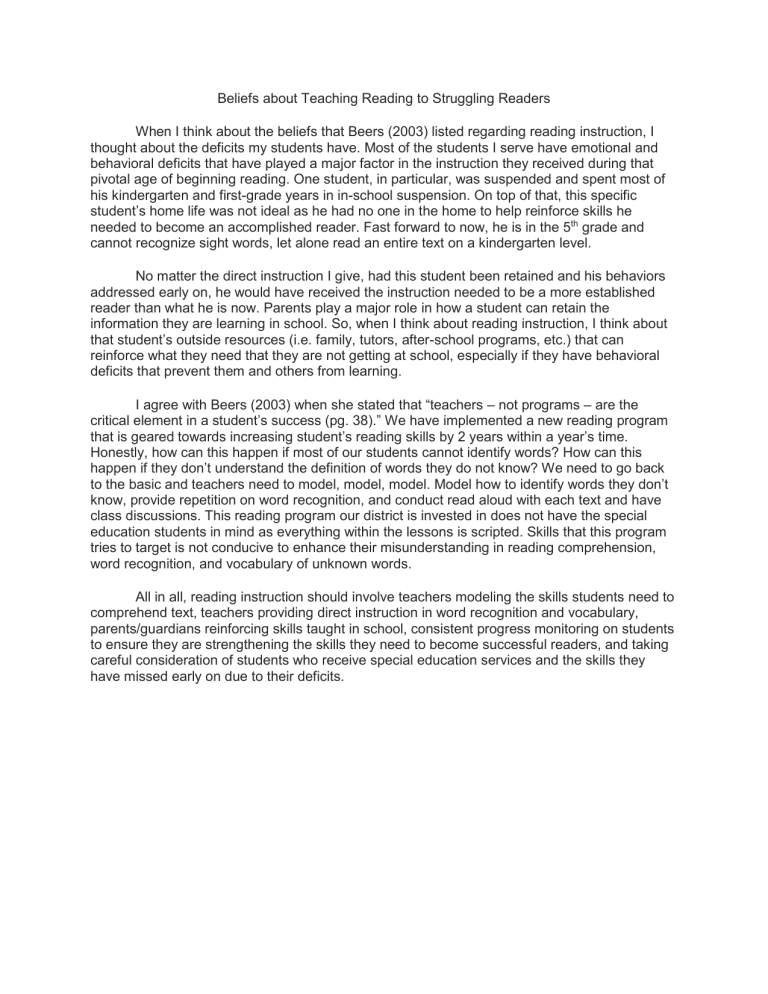
Beliefs about Teaching Reading to Struggling Readers When I think about the beliefs that Beers (2003) listed regarding reading instruction, I thought about the deficits my students have. Most of the students I serve have emotional and behavioral deficits that have played a major factor in the instruction they received during that pivotal age of beginning reading. One student, in particular, was suspended and spent most of his kindergarten and first-grade years in in-school suspension. On top of that, this specific student’s home life was not ideal as he had no one in the home to help reinforce skills he needed to become an accomplished reader. Fast forward to now, he is in the 5th grade and cannot recognize sight words, let alone read an entire text on a kindergarten level. No matter the direct instruction I give, had this student been retained and his behaviors addressed early on, he would have received the instruction needed to be a more established reader than what he is now. Parents play a major role in how a student can retain the information they are learning in school. So, when I think about reading instruction, I think about that student’s outside resources (i.e. family, tutors, after-school programs, etc.) that can reinforce what they need that they are not getting at school, especially if they have behavioral deficits that prevent them and others from learning. I agree with Beers (2003) when she stated that “teachers – not programs – are the critical element in a student’s success (pg. 38).” We have implemented a new reading program that is geared towards increasing student’s reading skills by 2 years within a year’s time. Honestly, how can this happen if most of our students cannot identify words? How can this happen if they don’t understand the definition of words they do not know? We need to go back to the basic and teachers need to model, model, model. Model how to identify words they don’t know, provide repetition on word recognition, and conduct read aloud with each text and have class discussions. This reading program our district is invested in does not have the special education students in mind as everything within the lessons is scripted. Skills that this program tries to target is not conducive to enhance their misunderstanding in reading comprehension, word recognition, and vocabulary of unknown words. All in all, reading instruction should involve teachers modeling the skills students need to comprehend text, teachers providing direct instruction in word recognition and vocabulary, parents/guardians reinforcing skills taught in school, consistent progress monitoring on students to ensure they are strengthening the skills they need to become successful readers, and taking careful consideration of students who receive special education services and the skills they have missed early on due to their deficits.
